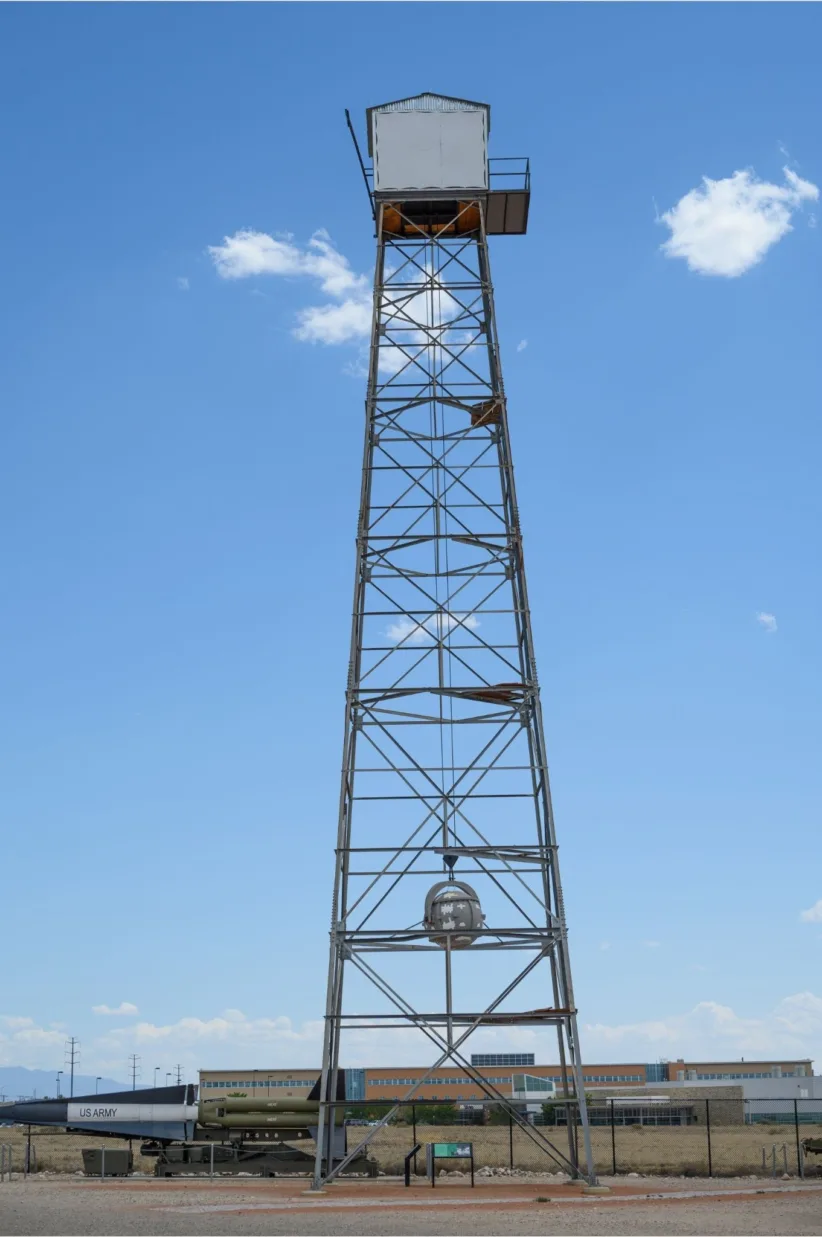The prohibition on testing
No state acted in contravention of the Treaty on the Prohibition of Nuclear Weapons’ (TPNW) prohibition on testing of nuclear weapons in 2024. That said, this prohibition, already cemented in the 1996 Comprehensive Nuclear-Test-Ban Treaty (CTBT), started to come under sustained pressure in 2024 and the risk of a new nuclear test detonation is significant. A test site in North Korea is said to have been made ready for a new nuclear test, and China, Russia, and the United States have all been engaging in new construction at their respective testing sites and maintain a degree of readiness for possible future nuclear testing. Political forces surrounding US President-Elect Donald Trump in 2024 called for the resumption of nuclear tests by the United States.

The most likely state to conduct a nuclear test detonation remains North Korea, the only state to have done so since 1998. At the end of October 2024, the South Korean military told the nation’s parliament that it was likely that North Korea had completed preparations for its seventh nuclear test. North Korea’s last nuclear test detonation was conducted in September 2017.
Pyongyang announced a moratorium on nuclear testing in April 2018, ostensibly destroying its Punggye-ri test site the following month. But at the end of 2019, North Korea declared an end to its unilateral moratorium, with the change of position reaffirmed in January 2020. In March 2023, the International Atomic Energy Agency (IAEA) stated that the site at Punggye-ri remains prepared to support a nuclear test, that it continued to see indications of activity, and that the reopening of the nuclear test site is deeply troubling. A new nuclear test detonation by North Korea would violate UN Security Council resolutions and contravene the CTBT as well as, arguably, customary international law, in addition to being incompatible with the prohibition in testing in Article 1(1)(a) of the TPNW.
For more information, see the 2024 edition of the Nuclear Weapons Ban Monitor.
ARTICLE 1(1)(a) - INTERPRETATION
Each State Party undertakes never under any circumstances to: ‘test […] nuclear weapons or other nuclear explosive devices.
- The prohibition on testing in Article 1(1)(a) of the TPNW bans the detonation of a nuclear weapon or other nuclear explosive device. It is therefore limited to explosive testing involving a nuclear chain reaction.
- All non-explosive forms of nuclear testing and the testing of missiles designed to carry nuclear warheads are outlawed by the prohibition on development in the TPNW.
- All explosive nuclear testing also contravenes the CTBT (a treaty not in force) and, arguably, customary international law.
- The preamble of the TPNW recognises ‘the vital importance’ of the CTBT and its verification regime as a core element of the nuclear disarmament and non-proliferation regime.
- The Treaty on the Non-Proliferation of Nuclear Weapons (NPT) does not prohibit the testing of nuclear weapons by the five nuclear-weapon states.